
who's running
Michigan elections?
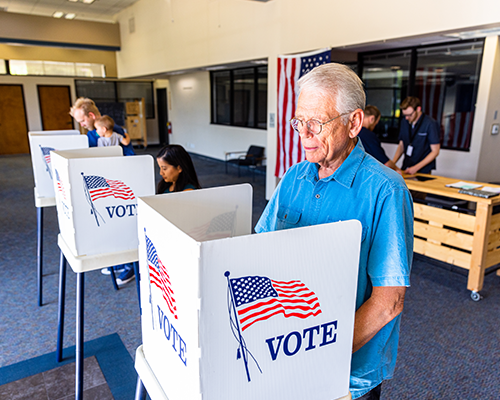


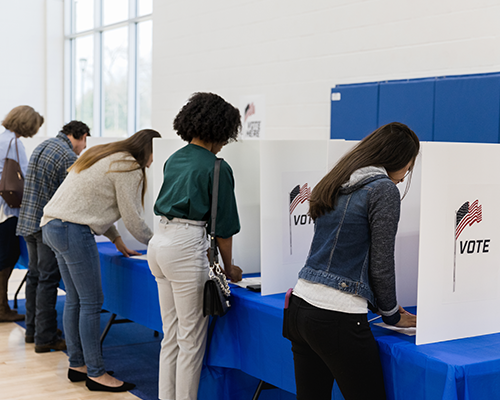
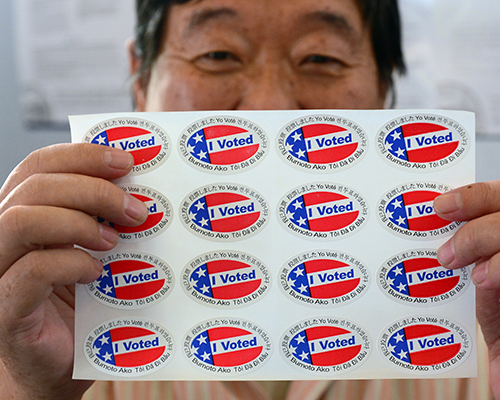

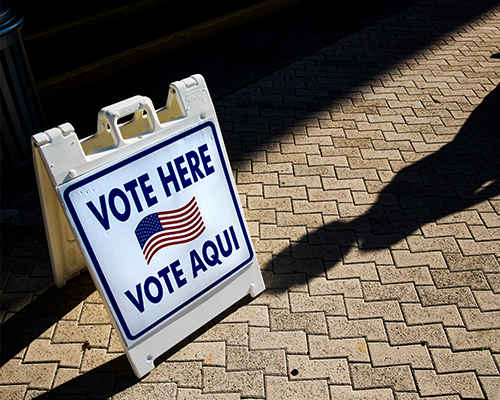

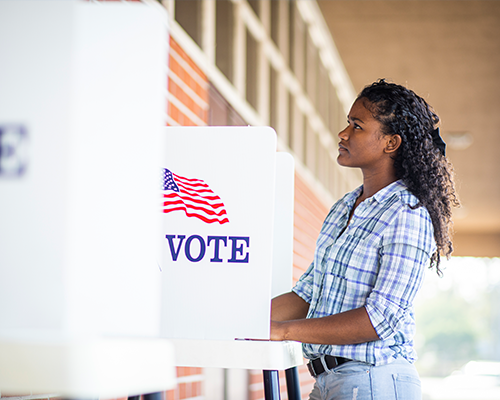
Elections are a critical component of making our state and our government work. Transparency into how those elections are run is essential to ensure confidence that our elections are safe and secure.
Together, from the local to the state level, these public servants make our state government function.
Poll Workers
Additionally, more than 35,000 poll workers supported Michigan elections in 2022 – the vast majority of them by working for a city or township elections office. All of these poll workers receive official training on how to conduct elections in Michigan under Michigan law.
To be a poll worker (also known as an “election inspector”) in Michigan, you must:
- Be a U.S. Citizen
- Be at least 16 years old
- Be a registered voter in Michigan, unless you are 16-17 years old, and then you must be a Michigan resident
- Be free of any felony or election crime convictions
- Not be serving with a political party as an election challenger
- Not be a candidate or a member of a candidate’s immediate family
- Not be a member of the local board of canvassers
Poll workers are the “heart beat” of Michigan elections. Read one such story here.
Local Officials
In Michigan, elections are conducted and run at the local level – the state’s more than 1,500 cities and townships run their own decentralized elections process in accordance with state law. This means that every city or township in Michigan has its own elections office and employees who help set up, run, and verify Michigan elections in a safe and secure way.
In each city or township in Michigan there is:
A Clerk: The local clerk maintains voter registration records, and administers federal, state, and local elections for that city or township.
A Local Election Commission: Generally composed of the local clerk and two other local officials (depending on local charter), this commission establishes voting precincts, evaluates voting equipment needs, provides election supplies, and appoints precinct inspectors.
You can find your local clerk’s office information here.
County Officials
Every city or township in Michigan is part of one of Michigan’s 83 counties. Each of these counties has a:
Board of County Canvassers:
- A bipartisan entity, each board has 2 Republicans and 2 Democrats serving on it. They “canvass,” or finalize the count of, the votes cast in their county for each election. They then certify those elections at the county level.
- On a routine basis, the Board must inspect the county’s ballot containers to ensure they are safe and secure.
County Clerk:
- Clerks receive petitions for district and county wide elected offices that are solely within the county, accept campaign finance disclosure reports from these local candidates, and coordinate administration of school district elections within the county.
County Election Commission:
- Made up of the county clerk, the county’s chief judge of probate or probate court district, and the county treasurer.
- This commission provides certain election supplies – ballots among them – and works to determine clear wording on recall petitions.

State-Level Officials
At the state level, the following individuals and entities help oversee elections in Michigan:
The Michigan Secretary of State: The state’s “chief election officer.” The Secretary of State has supervisory control over local election officials.
The Board of State Canvassers: This board is made up of 2 Republican and 2 Democratic members. They are responsible for deciding ballot wording on ballot proposals, approving voting equipment for use in the state, and certifying the results of statewide elections.
Department of State’s Bureau of Elections: Working under the direction of the Secretary of State and the Board of State Canvassers, this bureau is run by the State Elections Director. The Bureau of Elections provides instructional programming on elections, assists local elections officials in doing their jobs, and oversees the operation of Michigan’s Qualified Voter File (“QVF”)
